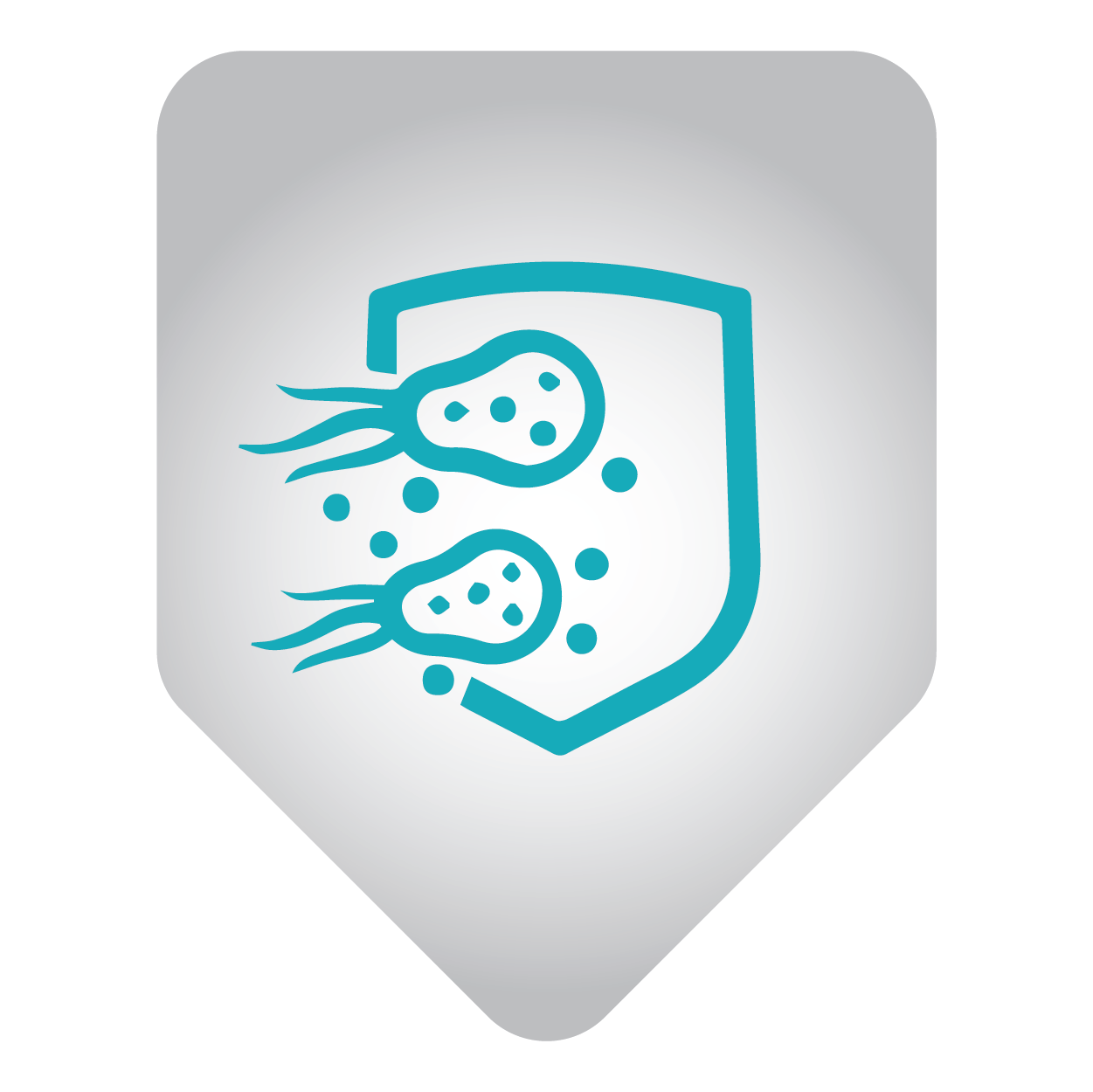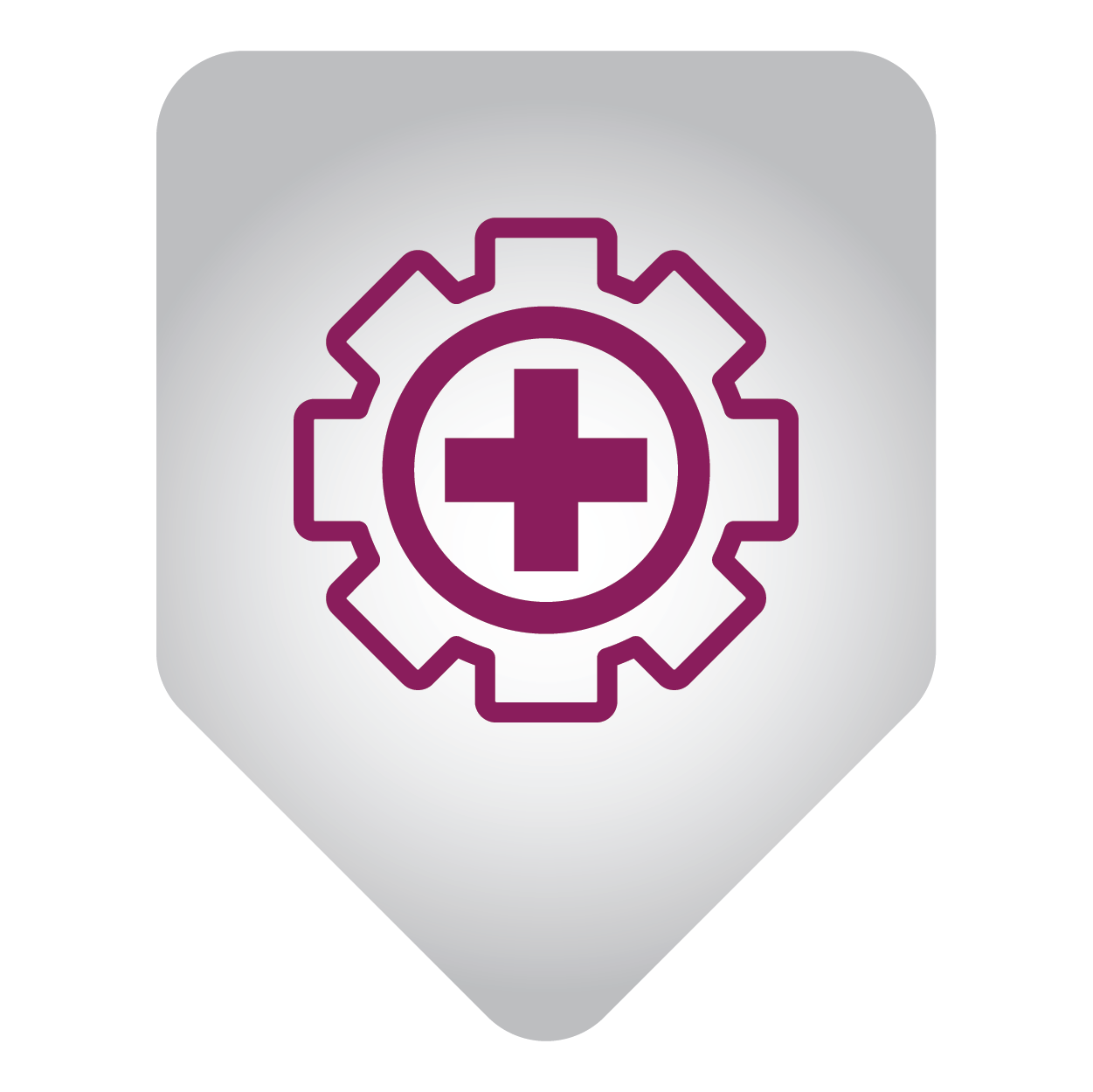SCIENTIFIC PROGRAMME
The theme for the 7th World One Health Congress is Integrating Science, Policy and Clinical Practice: A One Health Imperative Post-COVID-19. To capture the multifaceted One Health paradigm, the WOHC 2022 will bring together five distinct tracks over 5 days: One Health Science, Pandemic Preparedness and Health Systems Resilience, Policy, Environment and Biosecurity, Impact on and Innovations in Clinical Practice, and Antimicrobial Resistance. The programme will feature renowned keynote speakers, plenary lectures from experts, scientific sessions with abstract presentations and panel discussions on urgent and emerging topics.
Programme Tracks
 |
One Health ScienceThe One Health Science (OHS) track will review the latest basic science and epidemiology of health and disease at the human-animal-environment interface drawing attention to the science-policy interconnection and social context to One Health. Bringing together global and regional experts, this track will explore various key components of pandemic preparedness, including pathogen detection, disease prevention and outbreak response. With focus on risk factors driving zoonotic infections, discovery and surveillance, and vaccine and therapeutics for emerging infections, the OHS track will aim to cover an array of pressing topics. Themes in this track will also aim to incorporate a strong science-policy dual perspective highlighting the role of climate change and ecological health in One Health, prioritisation of zoonotic diseases, and importance of social determinants while adopting a One Health approach. |
 |
Antimicrobial ResistanceThe Antimicrobial Resistance (AMR) track will provide updates on the trends and drivers of AMR, as well as documentation of existing and future mitigation efforts to address this critical issue at the interface between humans, animals and the environment. Scientists and policymakers from countries across the spectrum of income levels will discuss how to refocus efforts to significantly reduce AMR across all One Health domains. AMR surveillance and AMR interaction and transmission drivers between reservoirs in humans, animals, food and the environment are key themes that will be explored in this track. AMR from a policy perspective will be examined with expert insights on science-based AMR governance and policy implementation. |
 |
Policy, Environment and BiosecurityThe Policy, Environment and Biosecurity (PEB) track will bring together scientists and policymakers to discuss transdisciplinary cross-border efforts to operationalise One Health and an agenda for enhanced bio-security in a post-COVID-19 world. The track will profile a number of critical areas including: Country and regional experience in operationalisation and systems-coordination for One Health; Global financing for One Health including forward-looking multi-lateral and country-level commitments; Biosecurity-related issues and the conduct of safe research at the human-animal interface; Environmental change and its influence on human and animal health; and how globalisation and shifts in human, physical and social environments influence health and national preparedness and response systems. |
 |
Pandemic Preparedness and Health Systems ResilienceThe Pandemic Preparedness and Health Systems Resilience (PPHSR) track will bring together scientists and policymakers to explore how human and animal health systems are affected by and respond to emerging pathogens. It will review the role of human and animal vaccines and other preventive interventions in pandemic preparedness and discuss the importance of vaccine equity at the local level and in a global setting. It will explore issues of sustainability and scale-up in One Health surveillance, and examine the development and implementation of innovations and technologies in surveillance in low resource settings. |
 |
Impact on and Innovations in Clinical PracticeThe Impact on and Innovations in Clinical Practice (IICP) track will bring together clinicians and veterinarians for the first time to examine the interdependence of animal and human health. The concept of One Health in relation to multidrug resistant organisms and its relevance to non-infectious disease physicians will be expounded. The impact of the environment and microbiome on health and diseases, such as airway diseases and allergies, will be examined. Special attention will be paid to the effect of climate change on animals and the health of specific at-risk populations, such as agricultural workers. This track will also explore the impact of the COVID-19 pandemic on the management of non-communicable diseases (NCD) and the lessons learnt that will lead to a rethink of the NCD care models. |
